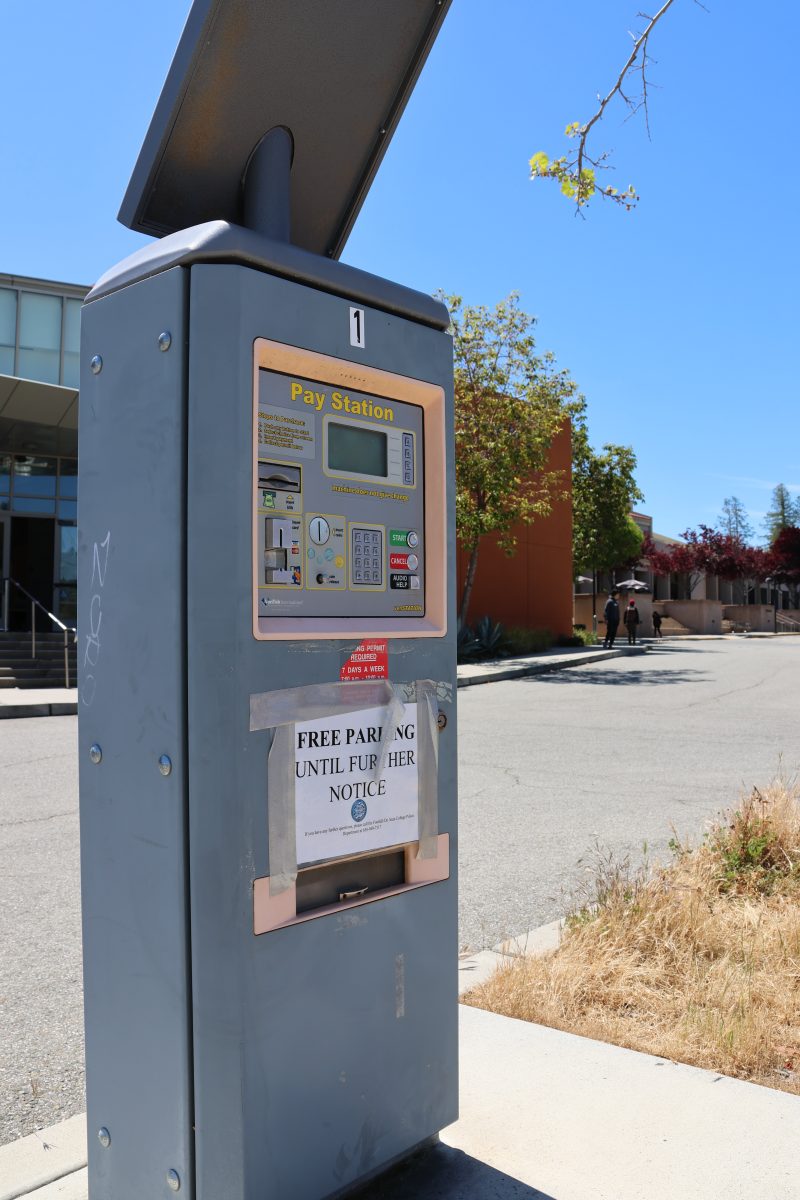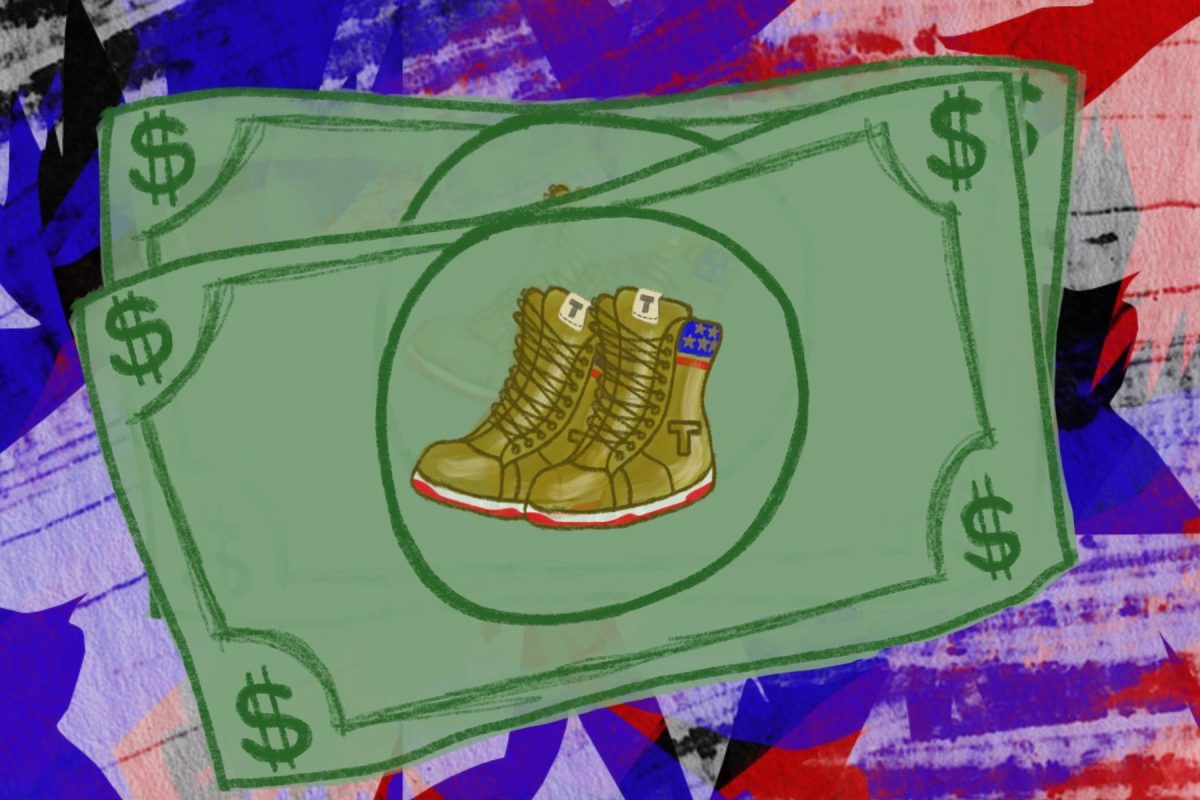Half-million dollars offers and negotiations for twice that price are what Lindsay Lohan will ponder just before going to jail for violating her probation. The slumping actress is growing in popularity once again with news organizations wanting first priority on before-jail interviews, an optional diary of her detention duration and a post-jail interview. One cannot help but wonder what the effects of these deals means for journalism.
News is meant to be simply news, not information paid for by the highest bidder. In the news media industry, it is an ethical issue for a reporter to accept any kind of bribe. What situation justifies journalists bribing others? What message does it say when we offer celebrities large amounts of money to get detailed information about their wrong doings and their punishments for them?
Lindsay Lohan was once a rising star, from childhood films to “Mean Girls.” Yet, though she has fallen off the map, people still want to get all the dirt they can, even if she is the one doing all the work with her own shovel.
Offering bribes to a potential source for a story is clearly unethical. What proof does anyone have that Lohan did not violate her parole on purpose? Perhaps she wanted to get into trouble because of the media frenzy she knew would ensue. Paris Hilton was offered one million dollars for a post jail interview in 2007. All bids were later withdrawn, and Hilton had to do an interview on Larry King Live at no cost.
When money is accepted for an interview or information, the result is not authentic. When Hollywood stars are involved, it is hard to decipher what is true and what is false. After all, they do make a living out of playing different roles.
In essence it just seems like lazy reporting and investigating. News organizations need to stand by their ethics and realize that paying out celebrities for stories will just cause even more conflict as it continues to happen.
The rules of journalism are sometimes tedious, but they are simple. Get the facts, write the truth, do not burn your source, do not plagiarize and for everyone’s sake, do not accept bribes. The code of ethics that journalists are trained to follow are fairly basic. As soon as any outside money or bribes are entered into the development of the story it becomes a conflict of interest.
In 2005, a journalist by the name of Armstrong Williams received $240,000 dollars to popularize the “No Child Left Behind” act. He promoted the program in his column and on television; he was later ridiculed for crossing the line, however he was allowed to keep the money.
As it stands, real journalists should be held accountable for conflicts of interests. But when it is time to sell magazines and front pages, the news organizations will lose credibility as they throw money at subjects and race to sell the best story.








